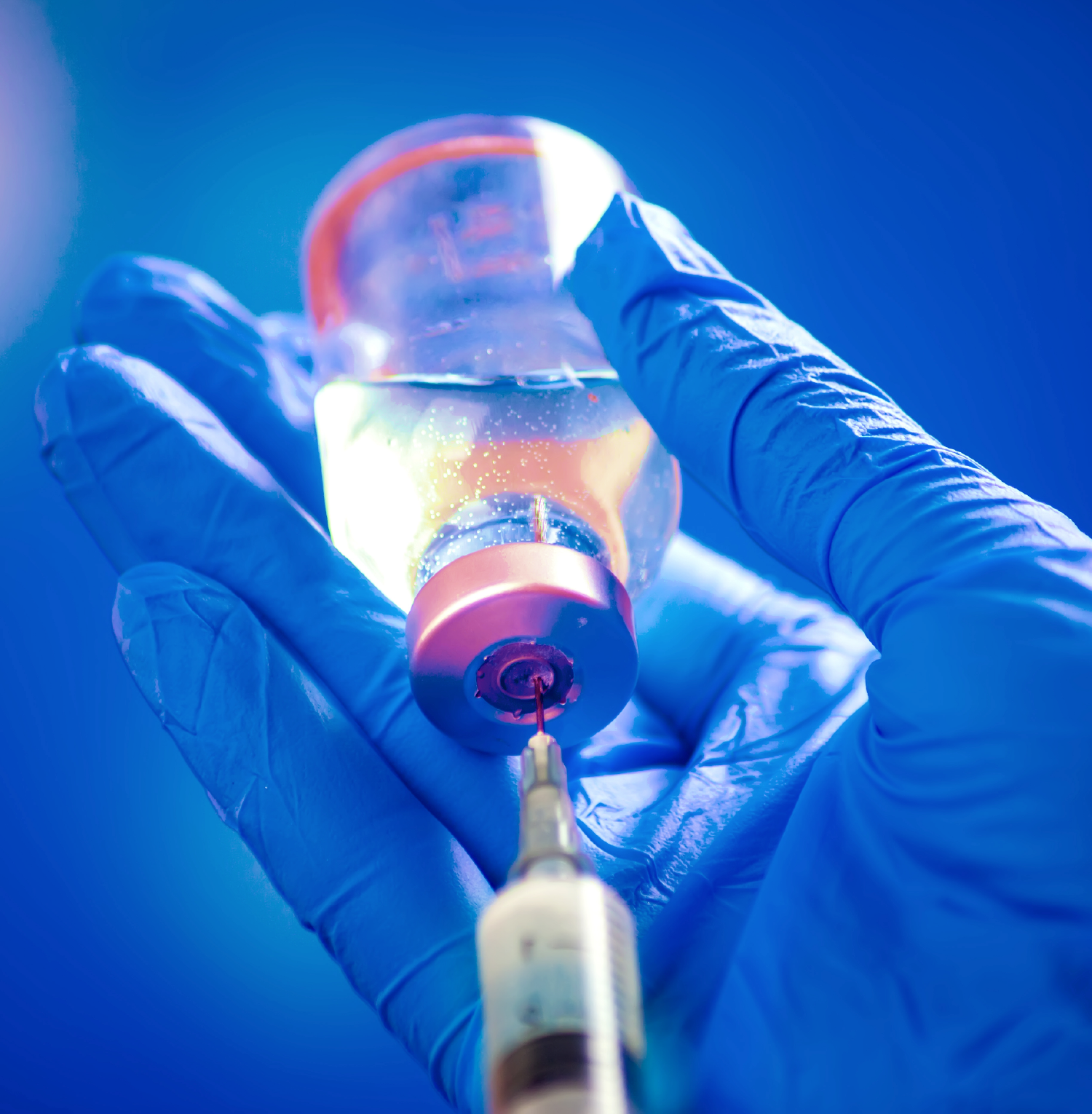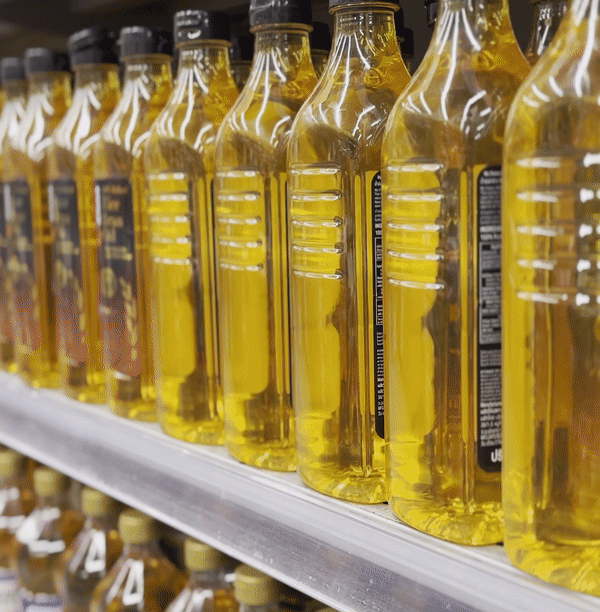Editor’s note: This story has been updated since time of publication to reflect the latest developments.
In 2021, the world reached a major milestone in the fight against malaria. For the first time, the World Health Organization (WHO) recommended use of a malaria vaccine for children, a move that could help save tens of thousands of lives each year. This breakthrough was developed through a partnership with PATH, an organisation that’s funded, in part, by ExxonMobil.
That advancement didn’t happen overnight. For more than 20 years, the ExxonMobil Malaria Initiative has helped contribute meaningful advances in the fight against this disease. What began as an effort to protect workers and local communities has evolved into a global initiative that integrates impactful partnerships; health programs at some of the world’s most prestigious universities; and funding the development of new antimalarial drugs and, ultimately, the first-ever malaria vaccine.
“As we have seen over the last 20 years in the fight against malaria, meaningful investments in health care can lead to stronger and more resilient communities,” Kevin Murphy, president of the ExxonMobil Foundation, said. “Tremendous progress has been made in malaria treatment and prevention efforts globally. Our strategic partnerships with governments and non-profit organisations have helped raise awareness of the disease, trained health care workers and assisted in distribution of life-saving prevention and treatment tools.”
ExxonMobil’s investments have supported the delivery of over 15 million bed nets, 4 million diagnostic kits, 5.3 million antimalarial treatments and training for more than 750,000 health workers. To date, ExxonMobil’s efforts have benefited more than 125 million people in malaria-endemic communities.
In Papua New Guinea, ExxonMobil has supported campaigns aimed at eradicating malaria, such as the Grassroots Soccer program, by educating and inspiring children to develop skills to reduce the likelihood of infection.
During ExxonMobil’s support of the Grassroots campaign, the program taught more than 285,000 PNG students about malaria prevention, testing and treatment, and distributed over 18,000 mosquito nets.
Thanks to the dedication and hard work of the global health community, malaria deaths have been reduced by more than half since 2000. Meanwhile, access to preventative measures, diagnostics and treatments have significantly increased. In addition, more than 1 billion cases1 of malaria have been prevented, which translates to more than 7 million lives saved.
“Since 2000, we’ve protected our employees by making investments to improve health care in the communities near and where we operate,” said Doctor Victoria Weldon, Global Medical Director, Medicine and Occupational Health at ExxonMobil. “We have also supported our host countries’ efforts to prevent, detect and rapidly respond to disease outbreaks, which we hope can also help mitigate the spread of COVID-19 in the short term.”
In PNG, the malaria education programs were adapted to include messaging on COVID-19 awareness.
The company is also one of the supporters of non-government organisation Rotarians Against Malaria (RAM) PNG, which provides around 40,000 treated mosquito nets annually, and has supplied more than 11.5 million nets across the country to date, while also carrying out community-based intervention programs such malaria prevention and treatment education as well as testing in schools.
ExxonMobil funding enables RAM to map malaria across the National Capital District (NCD) and parts of PNG’s Central Province.
This helps highlight high risk areas and identify disease trends.
To validate assumptions of a malaria-free NCD, RAM – supported by an ExxonMobil-backed Elimination Verification Officer – worked with the NCD Provincial Malaria Supervisor and local health facilities to analyse daily and monthly data across the electronic national health information system.
This data analysis is used to confirm whether malaria was caught within or outside of the NCD, while also monitoring suspected larvae breeding grounds to prevent potential future outbreaks.
While such progress is significant, the COVID-19 pandemic and other challenges, such as resistance to antimalarial drugs, threaten to offset a number of the achievements. This concern reinforces the need to improve health care systems around the world.
This is why the energy company has also supported greater research into tropical diseases with its Global Health Scholarship, which has supported doctors from PNG, India and Vietnam to study tropical diseases at Oxford University in the UK.[3]
Take a look back at some of the milestones over the course of ExxonMobil’s two-decade commitment to the fight against malaria:






